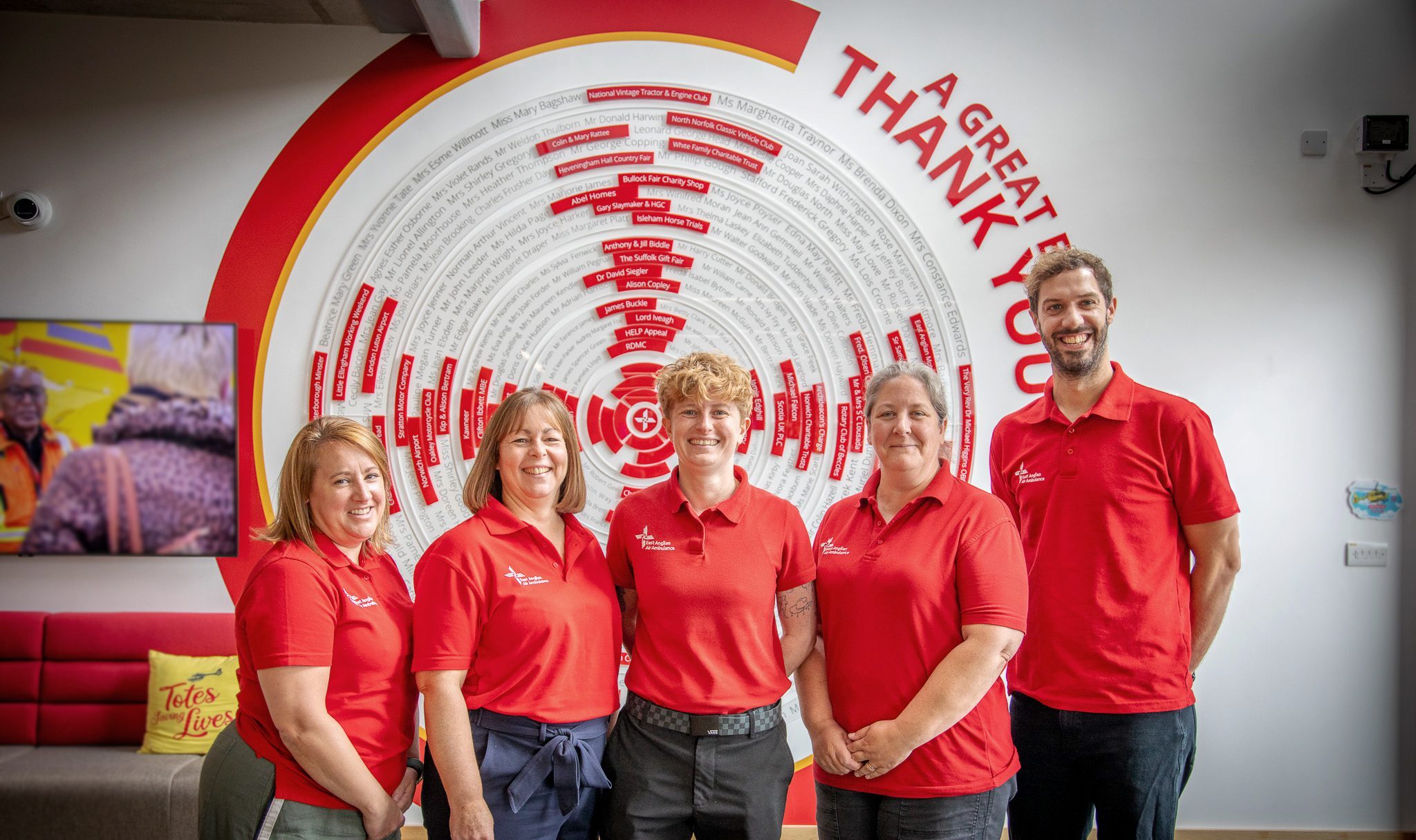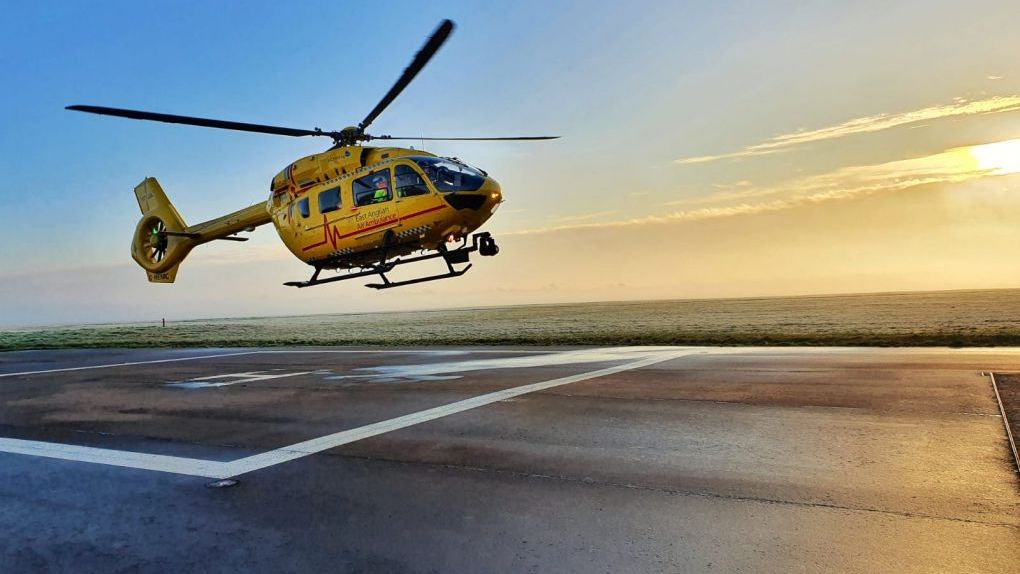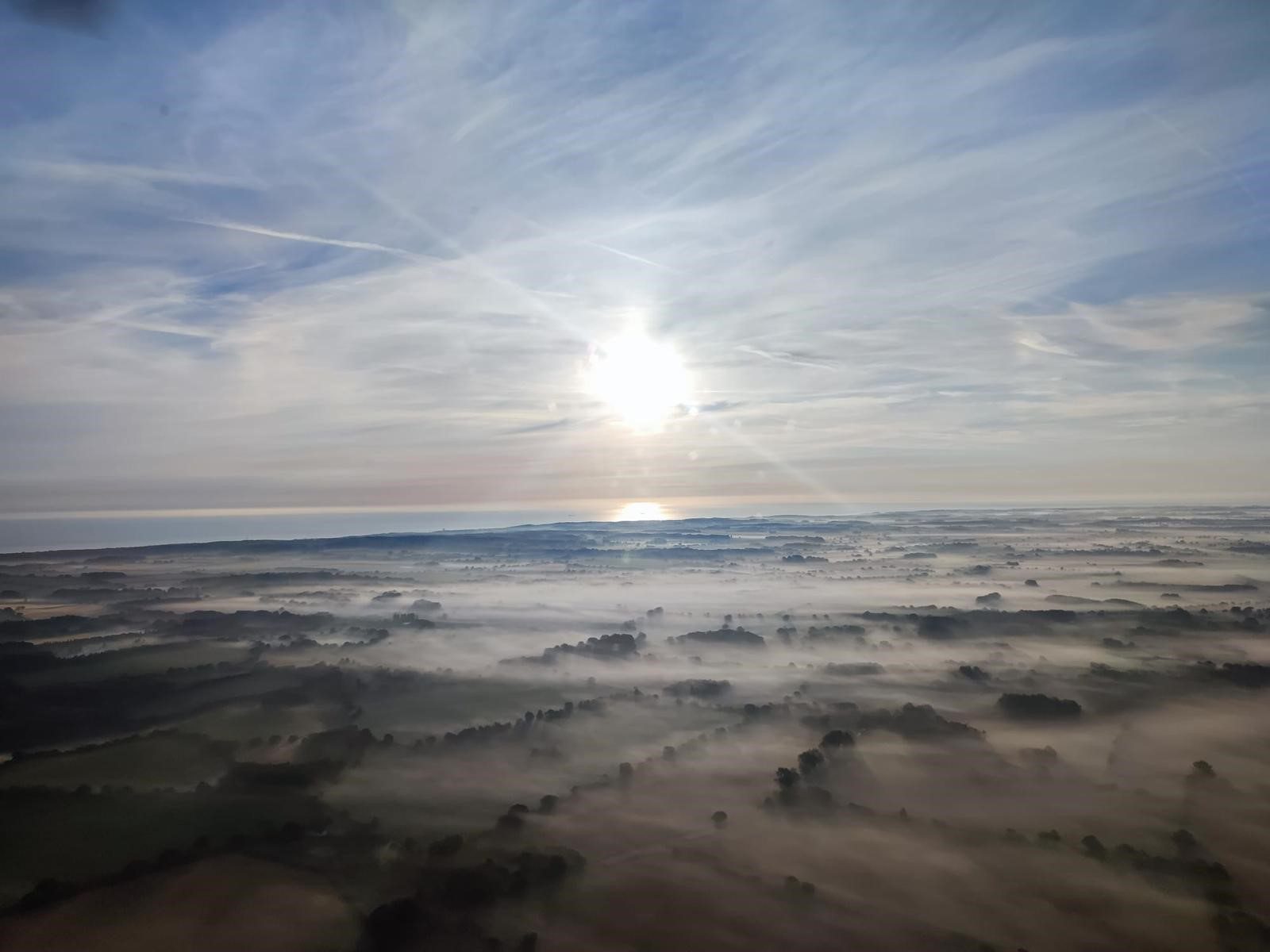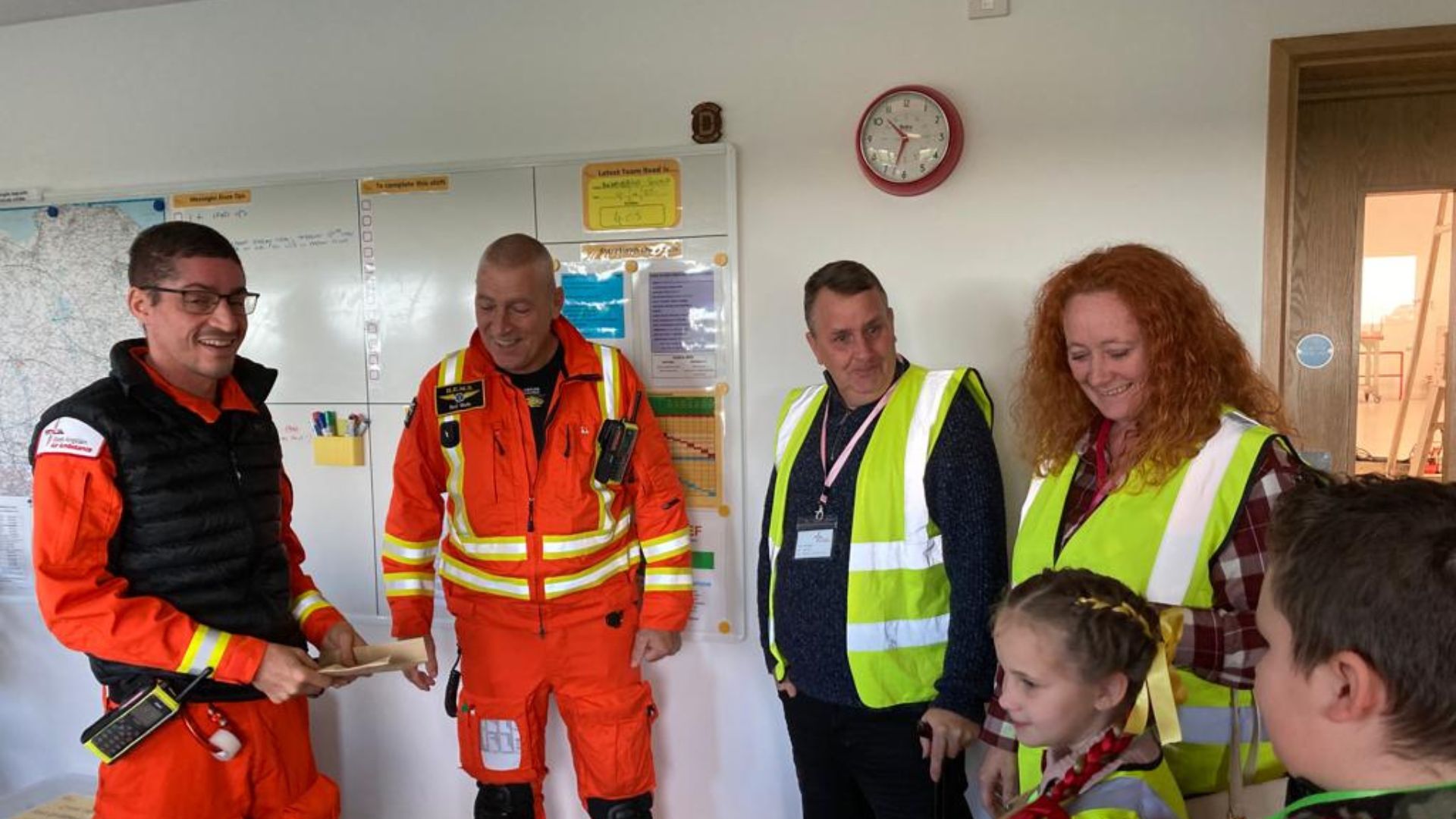Harry Eves Clinical Liaison Officer
Harry began working with EAAA’s Aftercare team in March 2025. With a background as a paramedic, he previously worked for London Ambulance Service before moving into Integrated Urgent Care roles where he worked in telephone triage for both NHS 111 and EEAST. Harry has also been employed in training roles and as a regional safeguarding lead.
With his paramedic background, own bereavement experiences and knowledge of ITU, Harry felt he could bring support and understanding of what former EAAA patients and families may be going through to the role of Clinical Liaison Officer.
Harry says, “The role of Aftercare is varied; we provide support to anyone who has had an interaction with our crews – be that patients, family, friends or bystanders. We aim to help answer any questions from the day and ‘fill in the gaps.’ We can do this via a phone call – but are equally happy to meet families in a place they are comfortable with and chat through things on home visits.”
“This can be very beneficial to former EAAA patients and families as it gives them more of an understanding of what occurred, we can signpost to additional support services where required. We can also arrange base visits at either Norwich or Cambridge for patients or their families to meet the crew who attended them and view the helicopter or the critical care car they responded in. Additionally, we support the charity at open days and events as these are often attended by members of the public whose lives have been touched by EAAA.”
Harry says that being able to re-unite patients or their families with the crew that attended themselves or their loved one on a base visit is one of the more rewarding parts of his role. During these visits, the team can answer questions they may have had from the day of their incident, which can bring more clarity to what happened. Harry adds that people can be incredibly resilient when dealing with the hardest times of their life.
Harry is also thankful for the support from a growing number of aftercare volunteers who each have their own skills and backgrounds which enhance the aftercare provided.
Outside of his role, Harry also runs his own business, and during his time off he enjoys camping, attending music gigs and going mountain biking.



